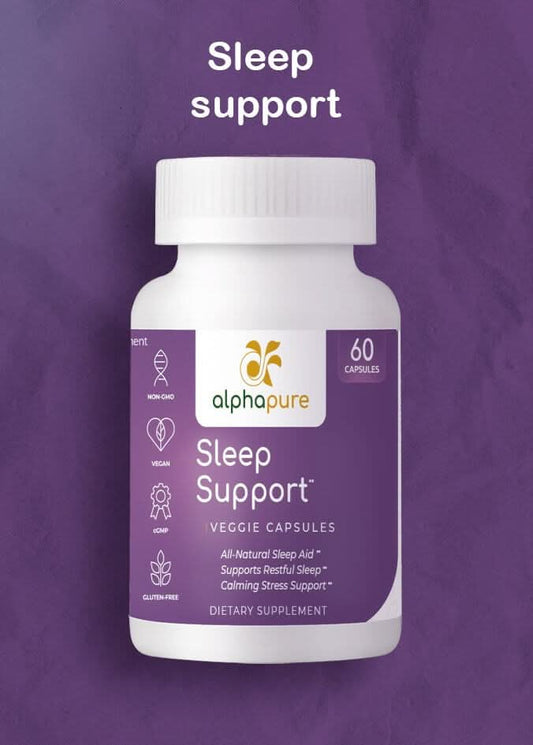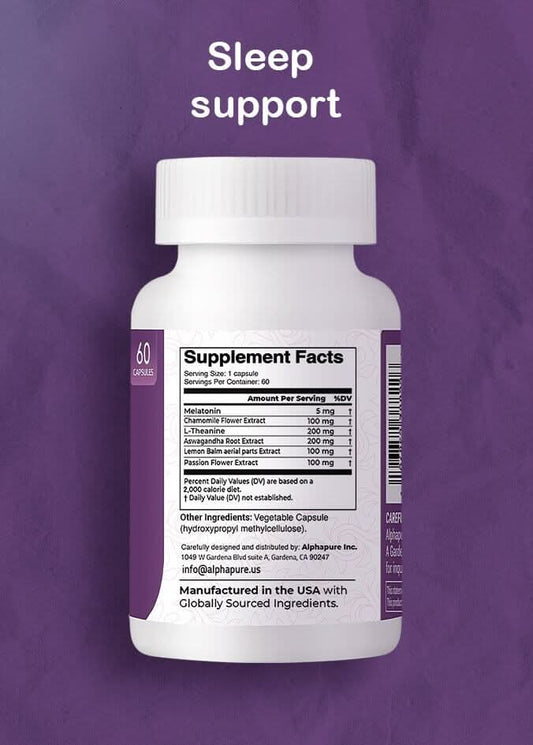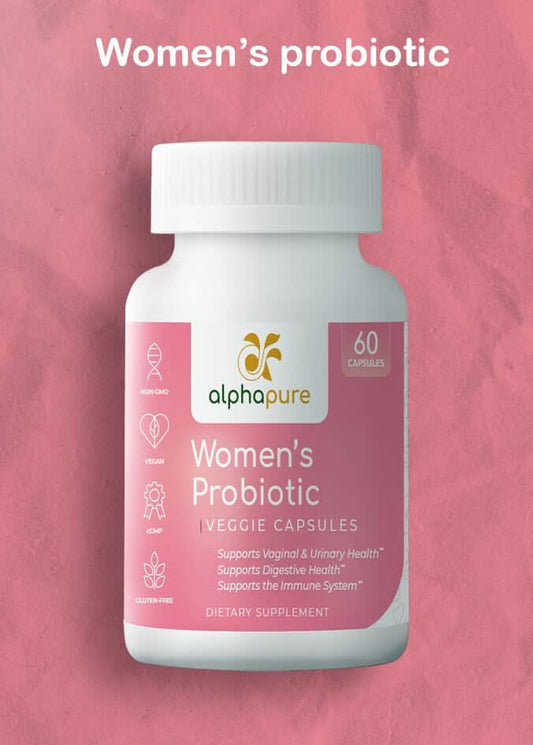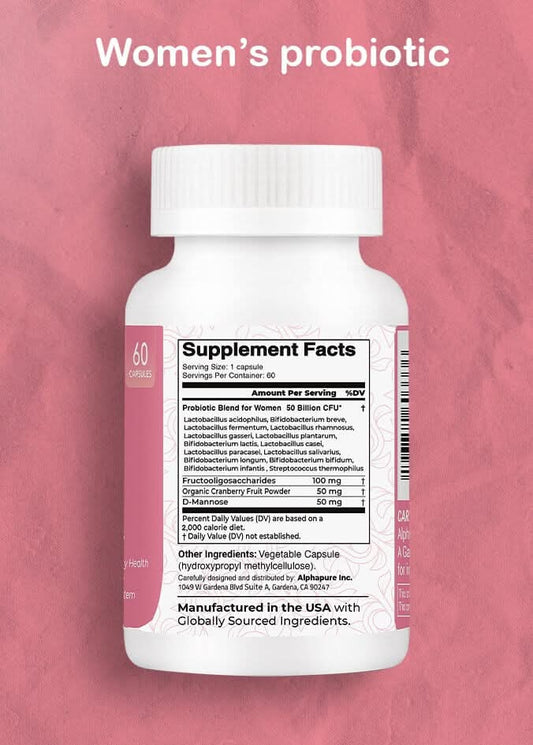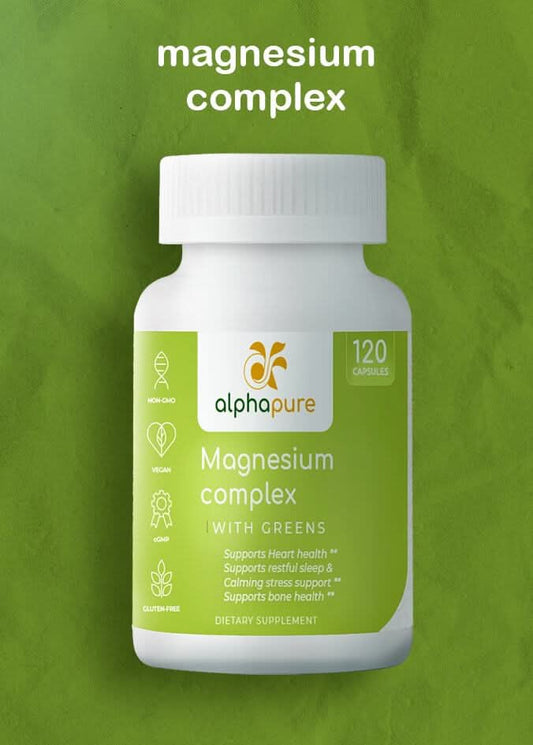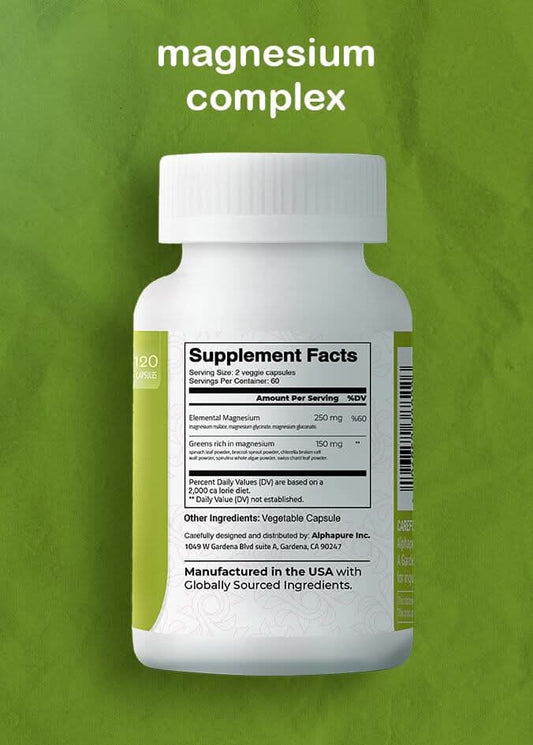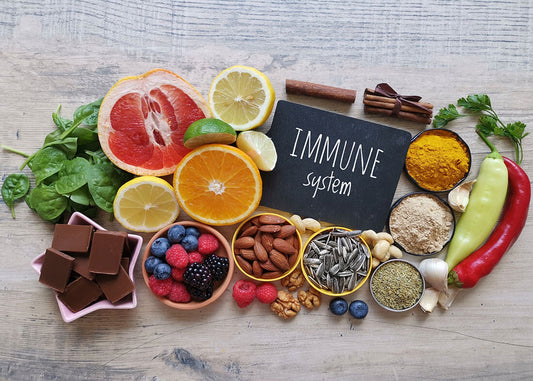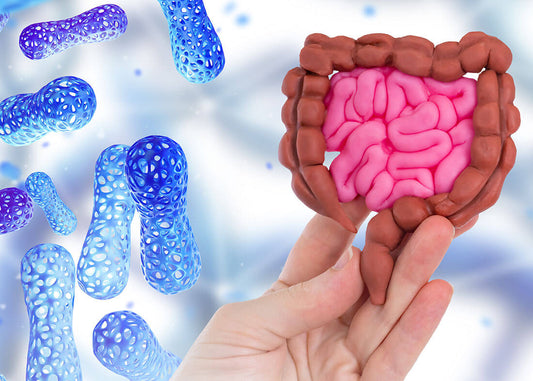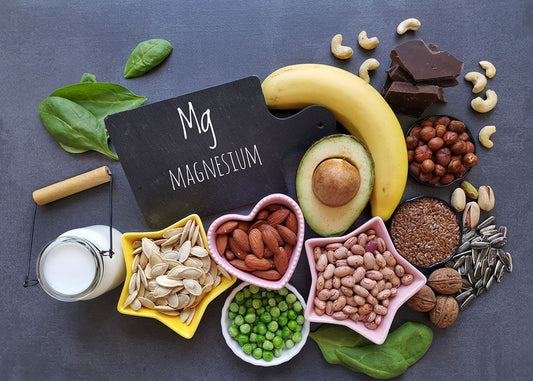
A Comprehensive Guide to Gut Health Supplements
Over 100 trillion microorganisms inhabit the gut, creating a vast microbiome that aids in digestion and nutrient absorption. In addition to digesting food, the gut performs a number of other functions as well. A person's gut health can affect other aspects of their health, making it important to maintain gastrointestinal health.
We have compiled a list of 11 of the best vitamins and gut health supplements that experts recommend to support the digestive system.
What is the importance of gut health?
Health is affected by the gut in many ways, according to Neil Paulvin, D.O., a functional medicine specialist based in New York City. The gut-brain axis directly connects it with the brain, meaning that the health of the gastrointestinal system can have an impact on mental health. According to some scientists, the gut is considered to be a second brain.
Furthermore, research indicates that the digestive system may be involved in or affect the following conditions:
- A healthy immune system
- Sleep
- Nutrition and metabolism
- Autoimmune diseases
- Other disorders, such as type 2 diabetes and cardiovascular disease
Overall, the gut is interconnected with your entire body, and if it is functioning properly, it will benefit your overall health.
How Do You Know If Your Gut Is Unhealthy?
There is potential for a weak or unhealthy gut to negatively impact the overall health of an individual. There are several signs that indicate an unhealthy gut, including:
- Symptoms such as diarrhea, gas, bloating, or constipation
- Immune system weakness
- Sleep disturbances
- Fatigue
- Increased levels of stress and anxiety
It is possible to improve or maintain gut health in a variety of ways, according to Dr. Kyle S. Eldredge, a colorectal and general surgeon based in Florida. There are several methods that can be used to improve gut health, including:
- Consuming a diet rich in fruits, vegetables, whole grains, legumes, and nuts that contains a high amount of fiber
- Regular exercise
- Sleeping enough
- Stress reduction
Is there a way to improve gut health with Gut health supplements?
To improve gut health, it is recommended to first make dietary and lifestyle changes, as supplements are not regulated by the FDA and may not be effective. Before taking any supplements, she recommends consulting your physician.
The following vitamins and supplements have been suggested to potentially improve gut health based on research and expert advice. Whenever possible, it is advisable to seek the advice of a health care professional before making a purchase or consuming any supplements.
Probiotics
Probiotics are live microorganisms that can alter the composition of the microflora in the gastrointestinal tract. Probiotics play an important role in maintaining a healthy gut.
The probiotic content of foods fermented with probiotics, such as Greek yogurt, kombucha, and kimchi, is naturally high. A variety of supplements are also available, including powders, capsules, and tablets.
Prebiotics
A prebiotic is a fiber that cannot be digested by the body, and that is instead used by probiotic bacteria to support their growth.
The majority of fruits and vegetables contain prebiotics, which are typically higher in fiber. The best way to maximize one's probiotic intake is to consume as many prebiotics through fruits and vegetables as possible. In addition to food sources, prebiotics are also available as supplements.
Apple Cider Vinegar
An apple cider vinegar (ACV) is a vinegar derived from the fermented juice of apples. There is a substance in it called pectin, which is considered to be a prebiotic.
In spite of this, there is no substantial clinical research directly connecting ACV with potential benefits for gut health in humans.
Psyllium Husk
In general, fiber is best consumed as part of a balanced diet. It may be beneficial for a person to take a fiber supplement such as psyllium husk if they do not meet their daily fiber requirements.
When psyllium husk contacts water, it produces a gel-like mass that can assist in moving waste through the intestines and thereby alleviate constipation. Additionally, psyllium husk can help relieve diarrhea by bulking up stool.
Vitamin D
There is a high prevalence of vitamin D deficiency, particularly in the northeastern United States (and other regions that do not receive many hours of sunlight) and among people with darker skin tones. If you are deficient in vitamin D, your health care provider may recommend that you take a vitamin D supplement.
Vitamin D may have anti-inflammatory properties in the digestive tract, as well as helping to regulate the balance of the gastrointestinal wall, according to a research review published in 2020. In addition, some of the studies in the review used animals rather than humans as participants, so further research is required to confirm that this relationship exists.
Vitamin C
A water-soluble vitamin, vitamin C must be consumed on a daily basis via food or supplements in order to prevent excess amounts from being stored in the body. In addition to serving as a mediator in the gut-brain connection, vitamin C may prevent intestinal permeability by increasing the body's production of short-chain fatty acids.
There are a variety of foods that contain vitamin C, including citrus fruits like oranges and cruciferous vegetables like broccoli, as well as supplements.
Butyrate
However, butyrate is a short-chain fatty acid that may have a beneficial effect on gut health by feeding and strengthening the cells lining the colon. In addition to being produced naturally by gut bacteria as a byproduct of fiber digestion, butyrate can also be obtained as a supplement.
It should be noted, however, that clinical studies on the effects of butyrate supplementation on humans have had mixed results.
Glutamine
There is some evidence to suggest that glutamine has beneficial effects on the gut, although it is not an essential amino acid. Based on a review published in Food Science and Human Wellness in 2021, glutamine might support the gut microbiome, modulate inflammatory responses, and promote the integrity of the gut mucosa.
Furthermore, a study published in the journal Gut in 2019 found that glutamine supplementation improved symptoms of irritable bowel syndrome (IBS) such as abdominal pain and bloating more than a placebo. It will be necessary, however, to conduct larger randomized trials in order to confirm these findings.
Ginger
There is evidence that ginger is an anti-inflammatory and antioxidant root. Ginger juice may promote the growth of beneficial bacteria in the gut microbiome if consumed in a short period of time. 123 healthy men and women participated in the study, drinking either fresh ginger juice or a sodium chloride placebo for two weeks. The researchers found that individuals in the ginger group had a greater diversity of bacterial species in their gut microbiomes at the conclusion of the study.
It should be noted, however, that further research and long-term studies are required to explore ginger's potential as a gut health supplement.
Curcumin
It is believed that curcumin, a polyphenol found most commonly in turmeric, has anti-inflammatory and anti-oxidant properties. Curcumin has also been found to promote the health of beneficial gut bacteria strains in the journal Nutrients, but other studies indicate mixed results in humans, requiring further research.
Conclusion
Gut health supplements are very important indeed. It is generally recommended that individuals attempt to improve their digestive health first by changing their lifestyle, such as changing their diet and exercising. In spite of this, there is evidence that certain supplements may be useful in improving the gut microbiome. Do not add any new supplements to your diet without consulting with a healthcare professional first.

